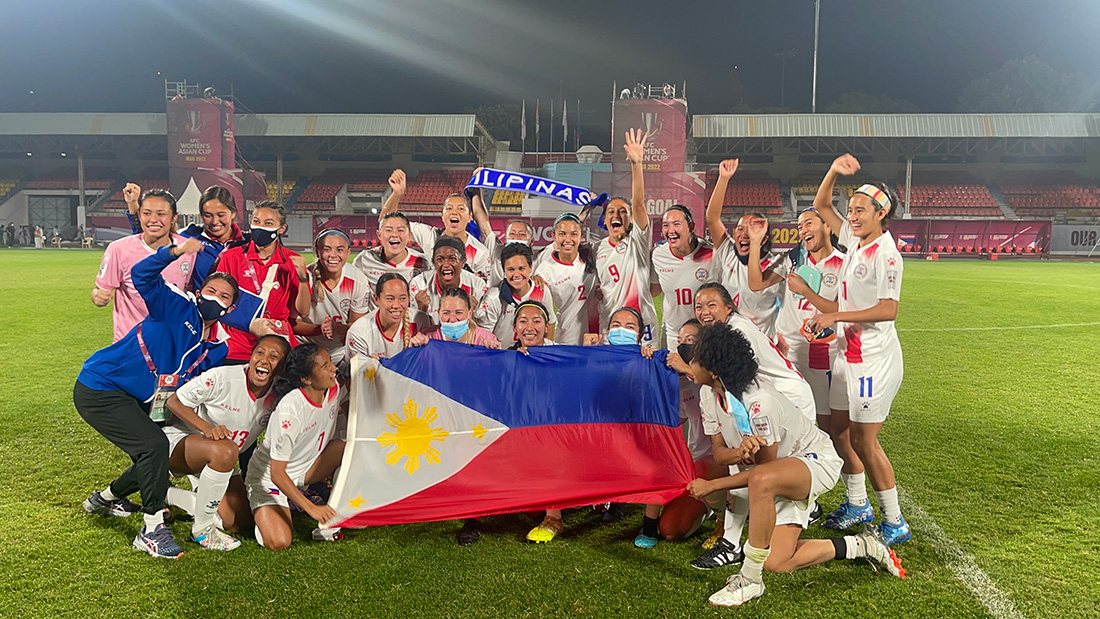
Filipino Football Fans Outraged by Lack of Coverage of Women’s World Cup
Filipino football fans express concerns as local TV and media outlets in the Philippines fail to provide coverage for the Philippines’ debut in the FIFA Women’s World Cup. Without local coverage, fans may miss the opportunity to support their national team and inspire young football enthusiasts. Urgent appeals are made to local media outlets to step up and provide comprehensive coverage, generating excitement and enthusiasm among the Filipino audience.
Filipino football fans are expressing their growing concerns over the absence of local TV coverage for the Philippines’ debut in the FIFA Women’s World Cup. As anticipation builds for the highly anticipated tournament, supporters are disappointed by the lack of local media attention, raising fears of missing out on witnessing this historic event.
With football being the most popular sport globally and the FIFA Women’s World Cup attracting over 1.1 million ticket sales, the absence of local TV coverage in the Philippines is viewed as a significant setback for Filipino fans. The upcoming World Cup has garnered immense global attention, but local media in the Philippines failing to secure broadcasting rights is leaving supporters frustrated and worried.
Football is known as the most popular sports in the world as it has 3.5 billion fans worldwide, as reported by World Atlas. The FIFA Women’s World Cup this year is set to be the most attended women’s sporting event in history, with fans eagerly awaiting the showcase of talent and skill on the world stage.
Jacq Bernabe, a co-administrator of Abante Filipinas, a group dedicated to supporting the Philippine women’s national football team, expressed disappointment over the lack of media support in the Philippines. Bernabe highlighted the importance of local TV coverage in allowing Filipino fans to witness their national team competing against top teams from around the world.
The concern among supporters stems from past experiences during major tournaments, where media attention only intensified during the latter stages, failing to provide comprehensive coverage from the start. Supporters urge local media outlets to prioritize coverage of the Philippine team’s matches, ensuring widespread access and enabling the nation to rally behind their representatives.
Bolivs Bolivar, another co-administrator of Abante Filipinas based in America, stressed the impact that broadcasting the matches could have on inspiring young boys and girls in the Philippines to take up football. By providing role models and showcasing the games, young enthusiasts can be encouraged to pursue the sport and develop their skills.
